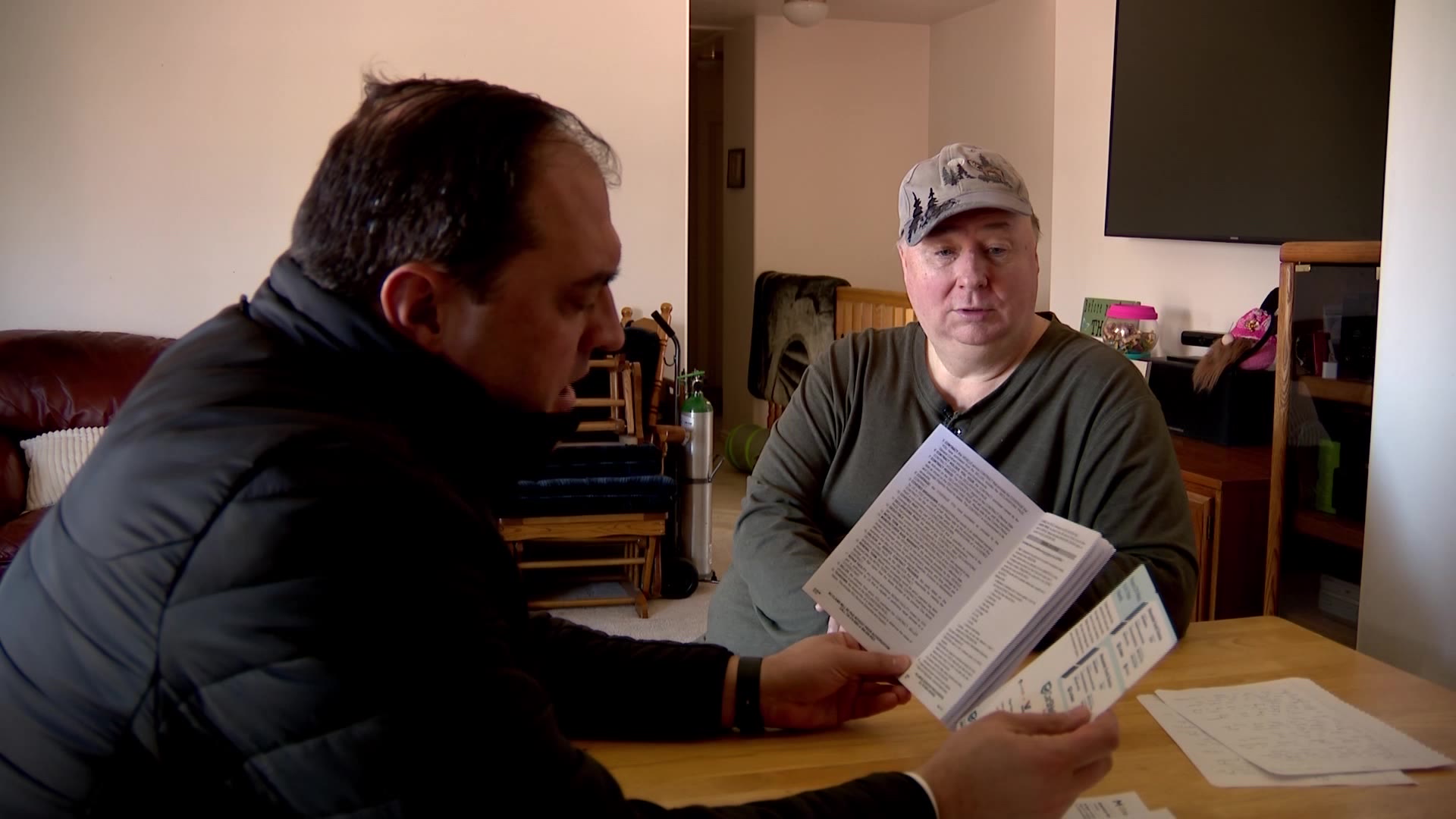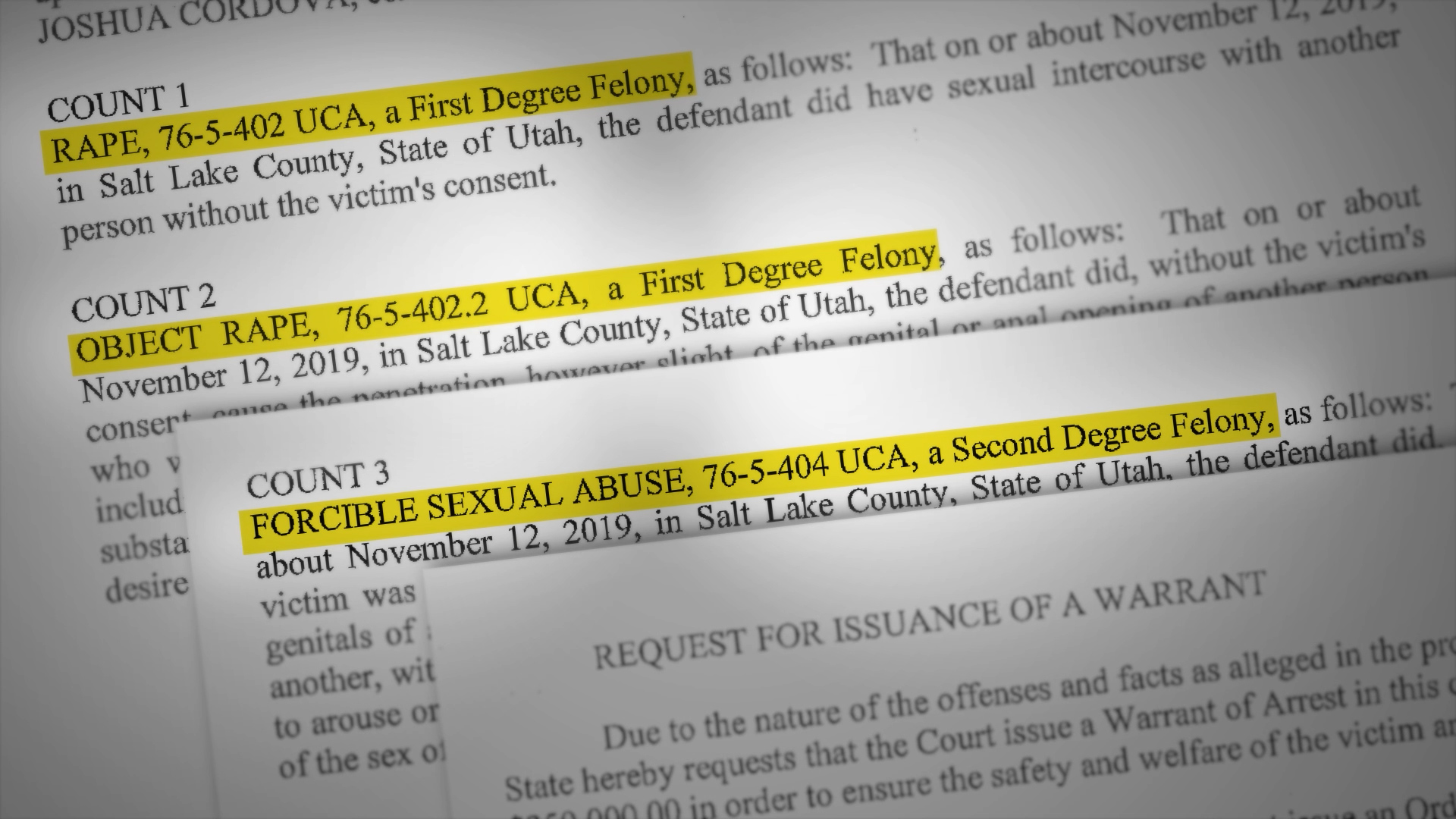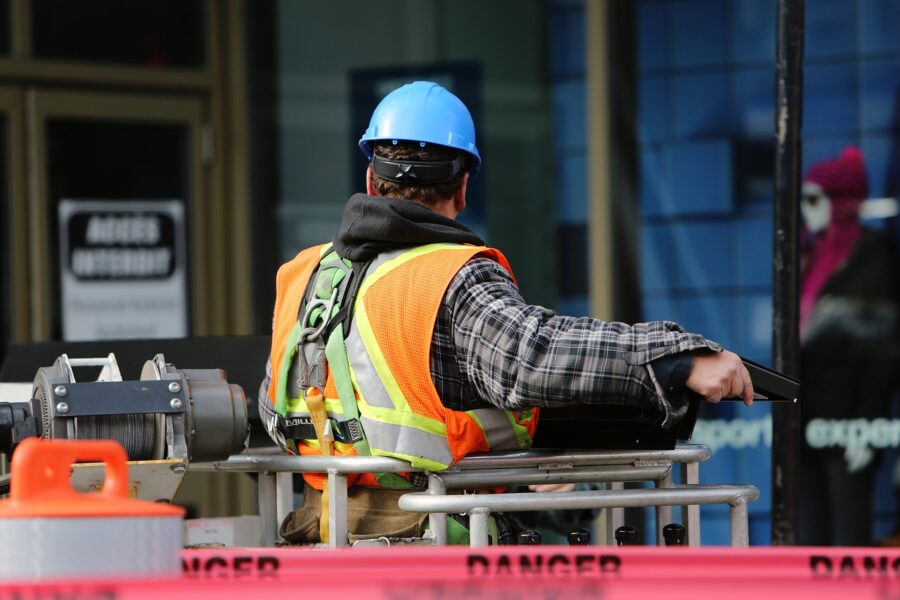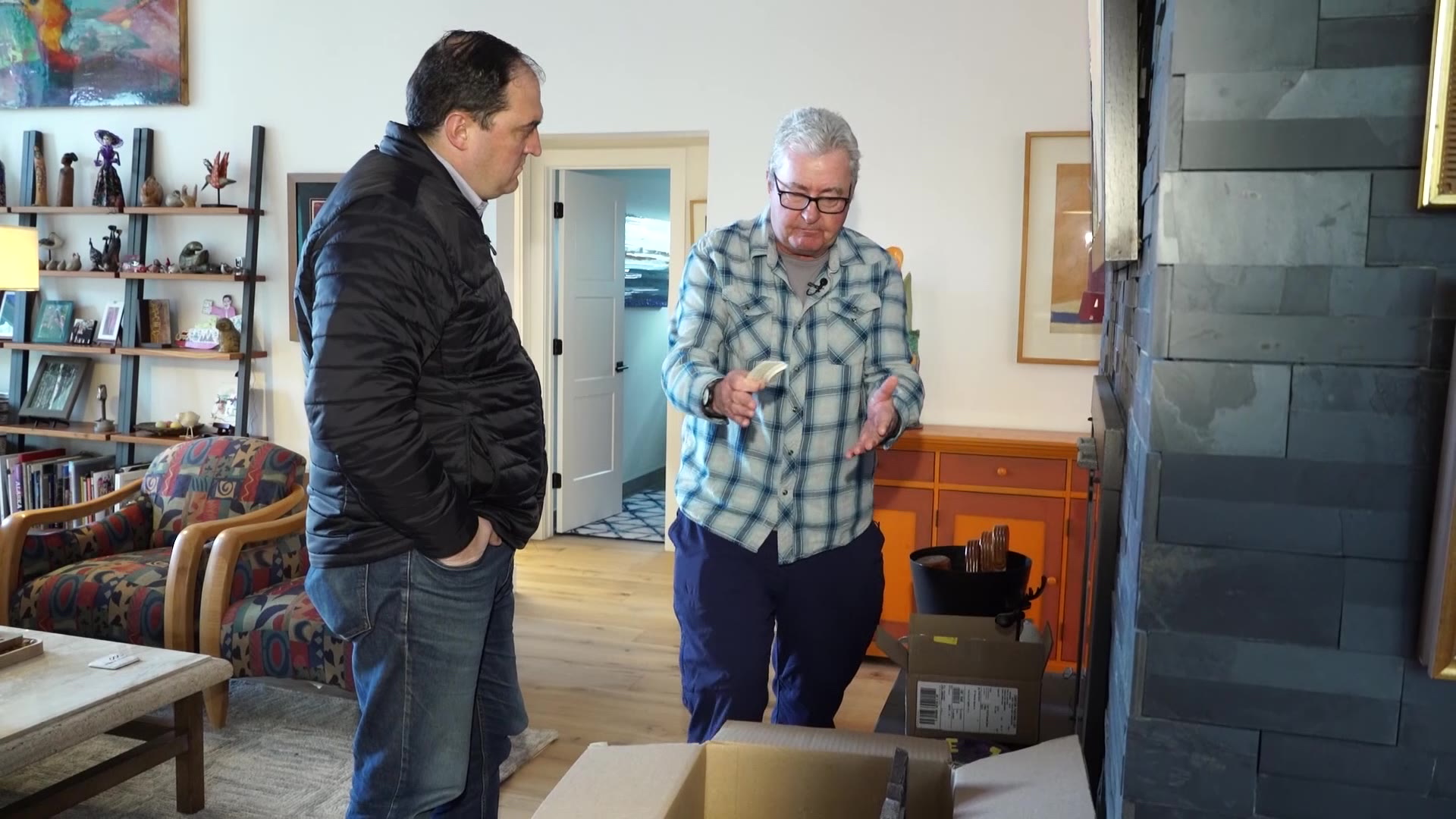Cultural Competency Training In Utah Schools Seeks To Create Respectful Space For Learning
Feb 8, 2021, 1:38 PM | Updated: 5:59 pm

(KSL TV)
(KSL TV)
SALT LAKE CITY, Utah — A culture and diversity plan in Jordan School District has been at the center of controversial comments made by Utah State Board of Education member Natalie Cline.
In January, Cline made comments about LGBTQ and diversity trainings that have prompted an online petition for her removal from the board, citing the comments were racist and homophobic.
KSL-TV found Jordan School District is far from alone in having cultural competency instruction. It has been in place at several districts for years, with a goal of creating a respectful space for all.
In the last four years, Jordan District has seen a near 28% increase in students who are Black, indigenous, and people of color. As a result, a new culture and diversity team was created in the last year to support the expanding demographics.
At the heart of this team is Michelle Love-Day, a consultant who works in the district’s Education and Language Services department. “We wanted to make sure that we had welcoming and safe schools where all of our students felt included and belonged,” she said.
The team is working on a strategic plan to implement its mission to “provide culturally competent educational support” for its students, employees, and the community.
“It’s a plan in place to make sure that our policies accommodate our community,” Love-Day said. “It’s just the smart thing that we do as we grow in our citizens and where we are. We look at the conversations that are being had and the questions that teachers are asking.”
It includes four tiers of goals, each with its own action plan for these stakeholders, including: creating an inclusive environment; supporting employees through training and in recruitment efforts; incorporating cultural competence for students and teachers; and partnering with parents and the community to “ensure that all students are receiving an unbiased education that connects to an inclusive environment.”
“If you look at a portrait of a graduate from the state,” said Love-Day, “we want to make sure that we have global responsible citizens.”
Day-Love said the plan offers trainings for teachers and administrators on how best to support their students and foster respect and understanding of cultural differences through exposure to those cultures.
One example she gave was teachers who play music in between periods or within the classroom. “Being culturally relevant means instead of playing your favorite music, play music from India. Play music from an Arabic language,” she explained.
Jordan School District Board members took a cultural competence training available to teachers back in October. It was widely praised at the October study session and members signed a letter of support for the training offerings.
The district’s plan of inclusion isn’t something new in Utah. Many districts like Davis and Alpine have implemented similar approaches over the past several years in an ongoing effort to bring cultural respect to its classrooms.
Prior to Jordan District, Love-Day worked at Granite School District to further develop their resources.
“Granite School District is a minority-majority school district,” explained Ben Horsley, the district’s Public Information Officer. “I think most people would be very surprised to find that most of our schools have over one hundred different languages spoken by the home families.”
With such a diverse student and community population, Horsley said cultural competence training is ongoing, whether to refresh teachers’ knowledge or present them with new ideas on inclusion.
“Often times, our teaching pool does not look like the students they actually teach. That’s just a statistical reality,” said Horsley. “Most of what we’re doing is just helping teachers to understand and respect that the students that they’re now teaching come from a diverse array of backgrounds.”
Those trainings, he said, are not to indoctrinate students and force other beliefs on them, but to create mindfulness of culture whilst teaching students how to think critically.
“We’re here to teach kids about that thinking process. Not what to think, how to think,” he said. “Part of that is teaching civility and respect.”
It is that environment Love-Day seeks to foster at Jordan District, where she says a safe learning space helps kids learn better.
“No learning can take place unless you have a relationship,” she explained. “That’s what cultural relevant teaching is: establishing relationships, and no learning can occur without a relationship first.”
Have you experienced something you think just isn’t right? The KSL Investigators want to help. Submit your tip at investigates@ksl.com or 385-707-6153 so we can get working for you.












